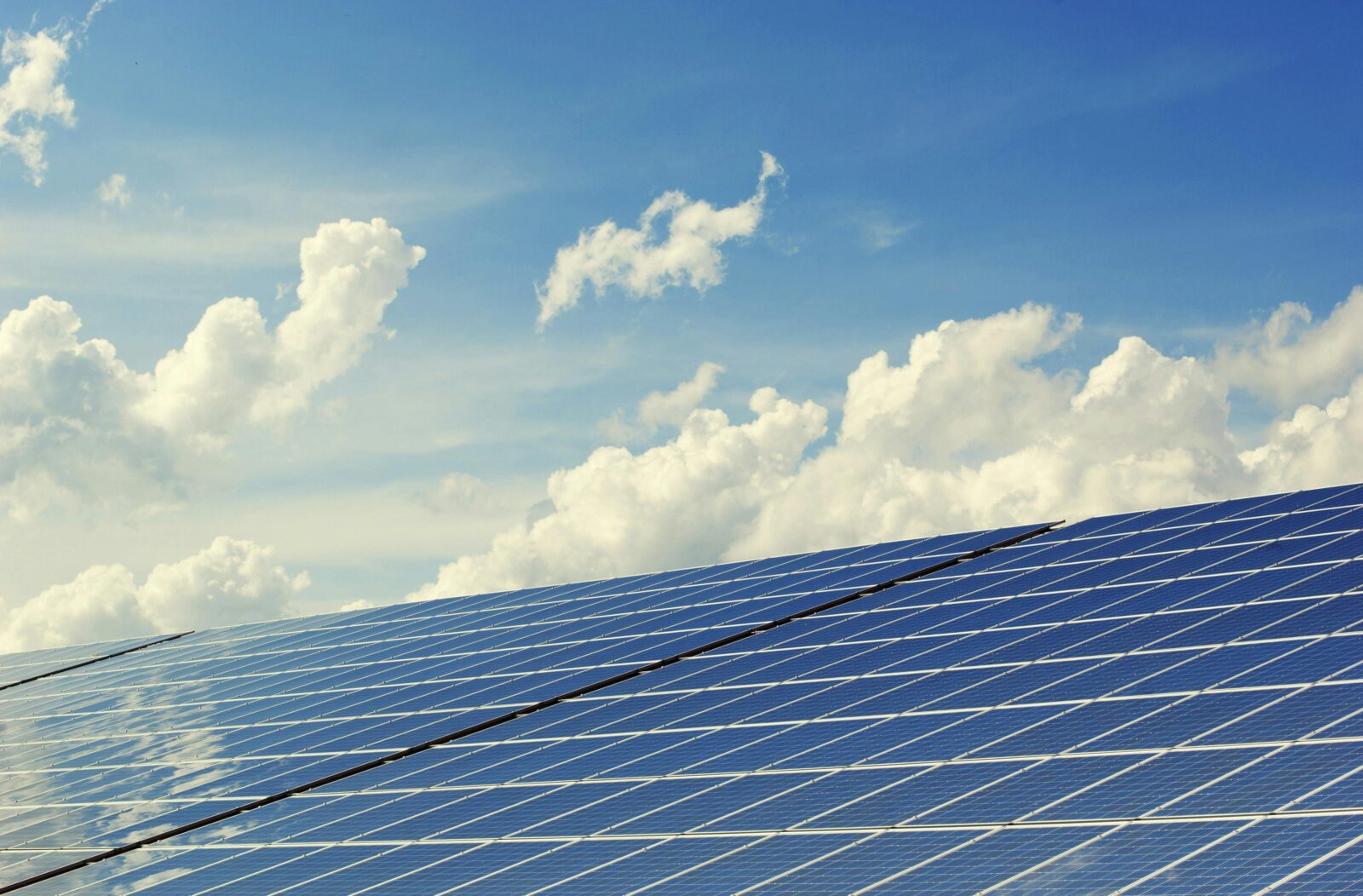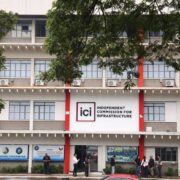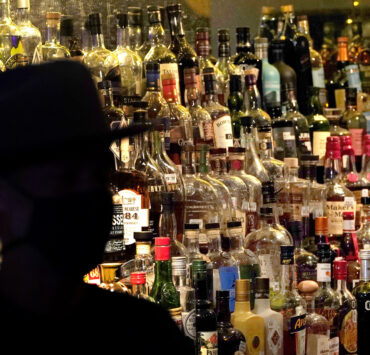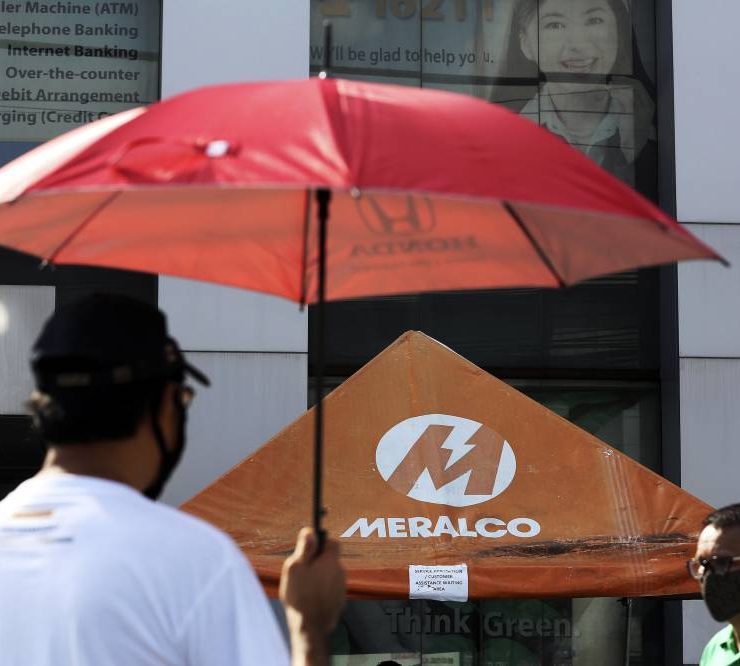2,000 MW of storage system needed for booming solar market

The Philippines must race to build at least 2,000 megawatts (MW) of standalone battery energy storage systems (BESS) to avoid grid congestion as more pure solar projects are being deployed, according to the head of ACEN Corp.
Eric Francia, the Ayala subsidiary’s president and chief executive officer, said 30 percent to 40 percent of solar installations must be allotted to standalone batteries so the electricity generated from those plants will be maximized, or not get wasted.
ACEN is the listed energy arm of the Ayala group focused on clean energy sources.
BESS refers to the technology that allows power producers to store their generated electricity for later use.
This complements the growing market, especially with solar and wind’s fluctuating output.
Francia said that, currently, there are around 6,000 MW of solar projects under construction in the country, mostly in Luzon.
Constrained
“We have solar projects operating that are curtailed… And it’s not only us. There are many projects around the Philippines, and in the future, there will be,” he told reporters on the sidelines of the Asia CEO Renewable Energy Forum.
“Imagine if there are six gigawatts (of solar) being built today, being added to a grid that’s already constrained. What would happen to those six GW?” he added.
A gigawatt is equivalent to 1,000 MW.
To encourage industry players to invest in standalone BESS, which Francia said “thrives in price volatility,” the government must craft a policy focused on a revenue support mechanism, such as the Feed-In-Tariff (FIT) System or the Green Energy Auction Program (GEAP).
FIT and GEAP programs are designed to provide fixed rates to emerging clean power sources.
“If you have a standalone battery near a substation that is limited in terms of transmission capacity because of excess solar generation, you can absorb [the excess power] as a mode during the day, and then release it at night,” he said.
Cost dropped
Francia earlier said that the cost of battery storage is estimated to have dropped to around $200,000 per megawatt-hour, which is already a lot less compared to $1 million five years ago.
For ACEN, Francia said that while the Philippines remains the group’s core and largest market, it is planning to build more battery storage projects for its operations abroad, particularly in Australia.
The company has already begun constructing the first phase of ACEN’s 400-megawatt-hour BESS in New South Wales.





















